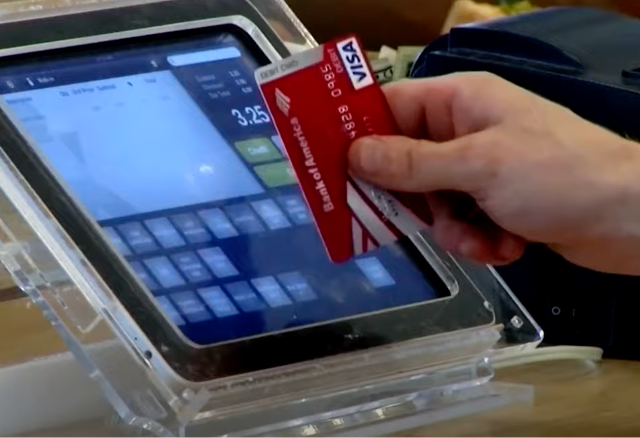News
DOJ Files Antitrust Lawsuit Against Visa for Alleged Debit Card Monopoly

Source: YouTube
The U.S. Department of Justice (DOJ) recently filed an antitrust lawsuit against Visa, accusing the payments giant of running a debit card monopoly that burdens consumers and merchants with billions in additional fees. The complaint, which alleges Visa has stifled competition through exclusionary practices, highlights the company’s dominance in processing more than 60% of U.S. debit transactions. According to the DOJ, this allows Visa to impose fees exceeding $7 billion annually, significantly inflating prices for both businesses and consumers.
DOJ's Allegations: Visa's Anti-Competitive Conduct
The DOJ claims that Visa has created a “web of exclusionary agreements” that prevent other debit networks from gaining market share. These agreements, it says, punish merchants and banks who attempt to route transactions through alternative systems, ensuring Visa's continued control over the market. Additionally, Visa has been accused of offering large payments to competitors, including fintech firms like Apple and PayPal, effectively disincentivizing them from developing rival technologies that could challenge its market dominance. Ergo, a de facto debit card monopoly.
The lawsuit argues that Visa’s actions have led to inflated prices for nearly every consumer product in the U.S., as merchants pass these fees onto customers. Attorney General Merrick Garland noted, “Visa’s unlawful conduct affects not just the price of one thing—but the price of nearly everything.”
Visa’s Defense: A Competitive Marketplace
Visa, however, denies these claims of running a debit card monopoly, calling the lawsuit “meritless.” Julie Rottenberg, Visa’s General Counsel, defended the company by stating that Visa is merely one of many competitors in a rapidly expanding debit card industry. She emphasized Visa’s secure network, fraud protection, and commitment to innovation, positioning the company as a valuable partner to businesses and consumers.
“Today’s lawsuit ignores the reality that Visa is just one of many competitors in a debit space that is growing, with entrants who are thriving,” Rottenberg said.
A Snapshot of the Debit Card Market
Visa’s alleged debit card monopoly is evident in its processing over 60% of U.S. debit transactions, leaving Mastercard and smaller players like Discover to split the remaining market share. The DOJ argues that Visa’s market power allows it to extract excessive fees, as seen in a previous 2020 antitrust suit that blocked Visa from acquiring fintech company Plaid, a deal that would have further strengthened Visa’s control over online debit payments.
Despite Visa’s defense, the company’s influence in the market is hard to ignore. While competitors like Mastercard and American Express also hold substantial market positions, none approach Visa’s level of control, which has led regulators to scrutinize its business practices more closely in recent years. Hence, the antitrust lawsuit accusing the company of enjoying a debit card monopoly.
Is Visa Really Running a Debit Card Monopoly?
The DOJ’s lawsuit paints a clear picture: Visa’s actions over the years have shielded it from competition, potentially slowing innovation and increasing costs for merchants and consumers alike. While Visa argues that it operates in a highly competitive landscape, the DOJ's focus on its exclusionary agreements and financial incentives to suppress rivals suggests that Visa’s grip on the debit card market may be more robust than it appears.
The outcome of this lawsuit could bring changes to the debit payments ecosystem, potentially lowering fees and fostering more competition. However, experts caution that the impact may not be immediately noticeable for consumers, as any savings could be spread thinly across millions of transactions.
Do you believe Visa is running a debit card monopoly and abusing its market power? Or, are the DOJ’s claims exaggerated? Let us know your thoughts on whether this lawsuit will shake up the debit card market!

